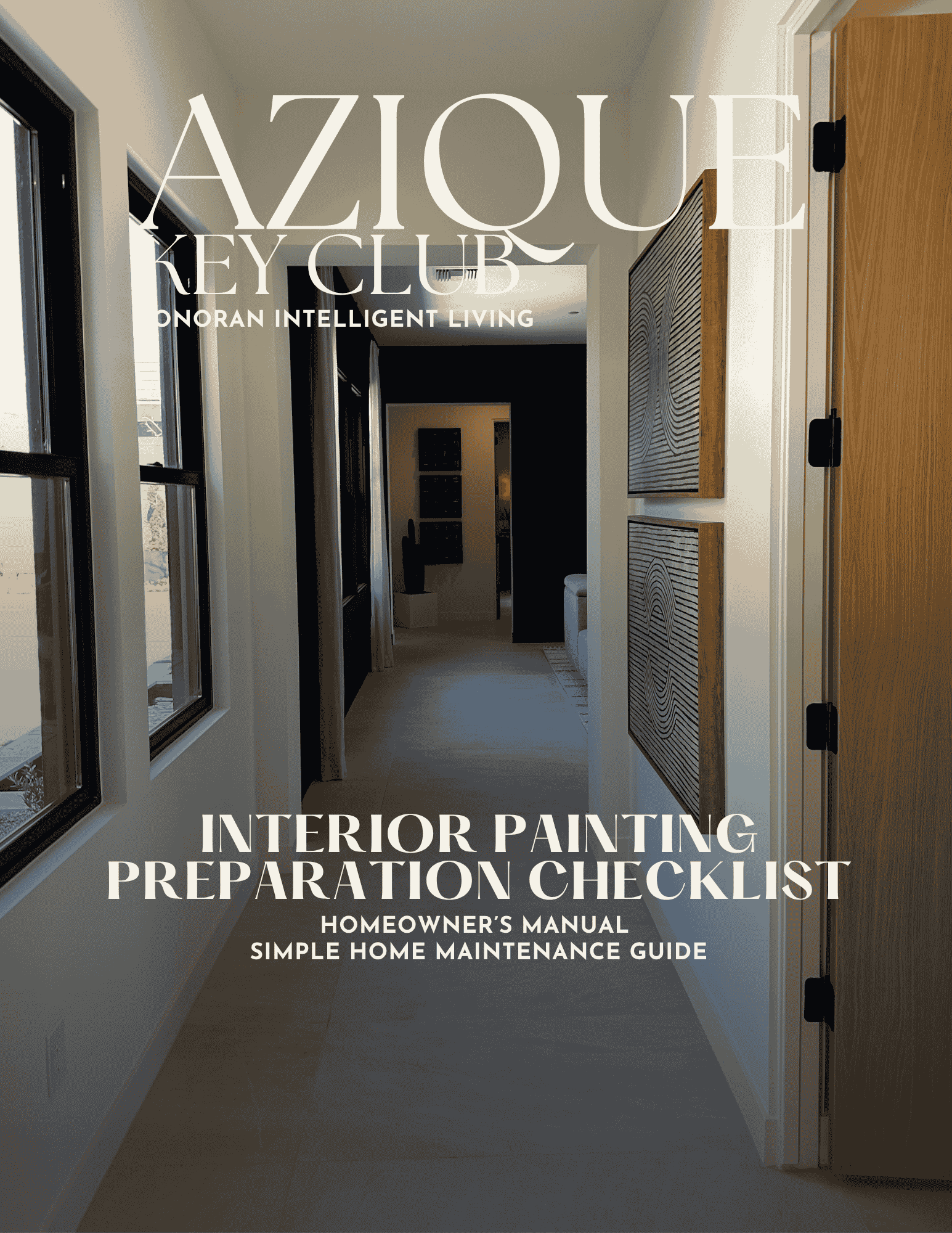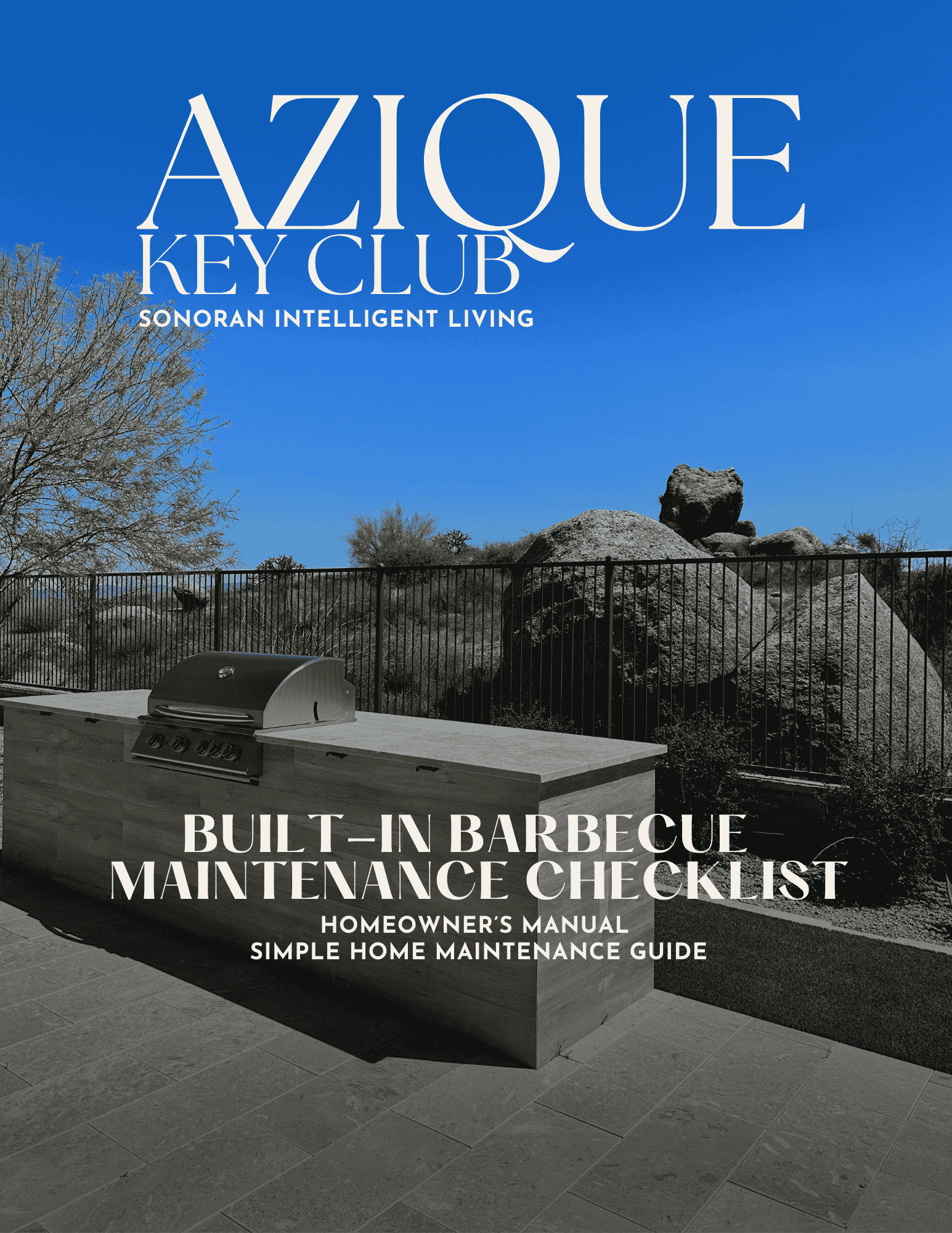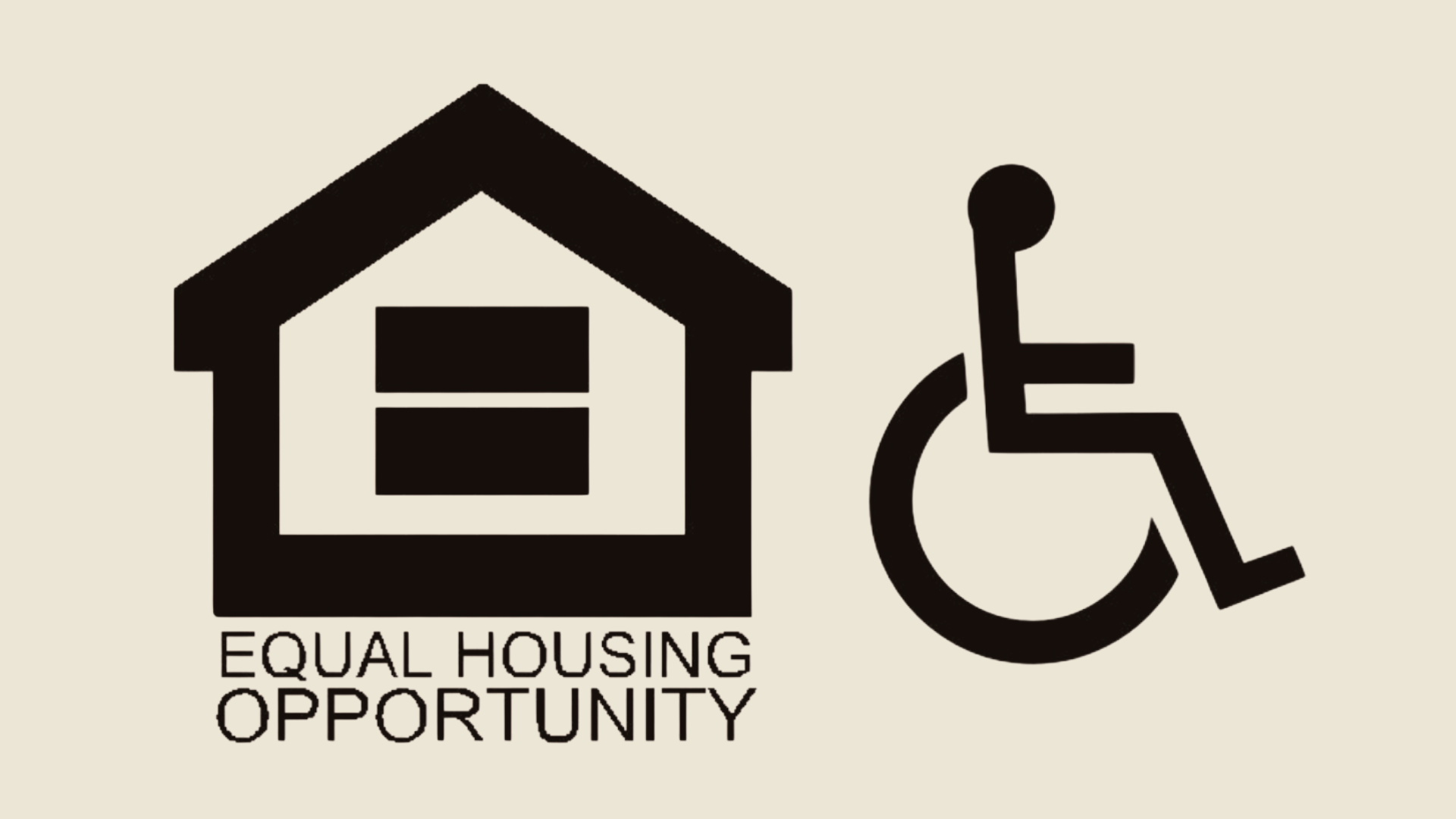
Imagine Feeling Weighed Down By A Roof Instead Of Lifted By It
Traditionally, many view owning a home as a step toward stability and wealth—but what if, psychologically and financially, it often behaves like a liability instead? Understanding this shift, especially in our globalized, entrepreneurial age, is where the true transformation begins.
Across cultures, visionary thinkers—from narrative economists to urban planners—suggest that homeownership should serve not as an anchor that drags you down, but as a launchpad toward freedom, creativity, legacy, and security. The emotional narratives we attach to “home” matter as much as the financial equations.
Most homeowners build equity two ways: paying down the mortgage and benefiting from appreciation. In the U.S., home equity accounts for around 43% of household net worth, with median homeowner wealth around $400,000 compared to only about $10,000 for renters. But that’s just the financial story. Emotionally, owning a home brings more satisfaction and stability than renting—with surveyed homeowner happiness at 88% versus 67% for renters.
Yet, influential investors such as Grant Cardone and Robert Kiyosaki challenge this narrative, calling primary residences liabilities—not assets—especially when upkeep, property taxes, insurance, and illiquidity erode potential wealth gains. Many lifetime renters today cite freedom and predictability over tying up capital in one location.
It begins with reframing: seeing a home not merely as a place to live, but as a calculated component of your broader wealth and lifestyle strategy. Clarify your ownership purpose. If stability, roots, and emotional fulfillment are your goals, homeownership may be an asset. But if you value flexibility, renting and investing elsewhere could align better.
Leverage intentional equity-building. Maximize mortgage amortization and strategic improvements that meaningfully boost value. Balance emotional and financial reference points. Research shows that long-term owners often expect higher return when they feel “gains” emotionally, and resist lowering price—anchoring the home as both memory and money. Manage expectations early.
Diversify your asset base. Policy research emphasizes that homeownership alone leaves gaps: housing is illiquid and non-diversified; supplementing with other investments—stocks, bonds, funds—helps create resilience. Embrace the house as resilience, not just as wealth. Property is embedded in our emotional and community safety nets. Valuing home as a tangible haven and source of social capital enriches its role beyond dollars.
What often pains homeowners? The sunk cost of maintenance, surprise repairs, rapid market changes, or geographic inflexibility. These evoke agitation: you're tied, not free. But the solution lies in mindset: converting a home into a curated asset—a foundation that empowers rather than confines.
This is more than financial reframing; it’s emotional reorientation. By anchoring why you own and how that fits into your life narrative, you flip liability into a tool of liberty. Share this course with friends or loved ones—it's a thoughtful gift for new homeowners, housewarmings, wedding or baby‑shower ceremonies, or deal‑closing celebrations. It shifts homeownership from burden to empowerment.
How might you reinterpret your own home? How can it serve as a whole‑life asset, not just a place to pay for? Tell your story below and join the conversation.
Make your circle aware of what is coming - share these sessions as a wedding present, baby‑shower surprise, or housewarming milestone, or just share... It elevates mindset and experience in subtle, profound ways—worth sharing with your community, friends, or family.
By investing today in health‑forward, privacy‑safe, adaptable homes, you’re choosing a lifestyle that fosters autonomy, well‑being, and freedom—not just for yourself, but for future generations.




